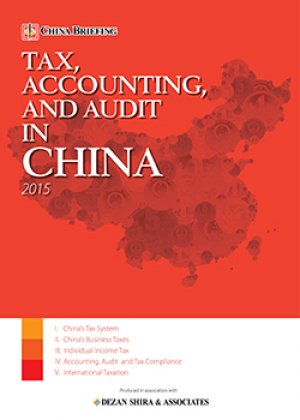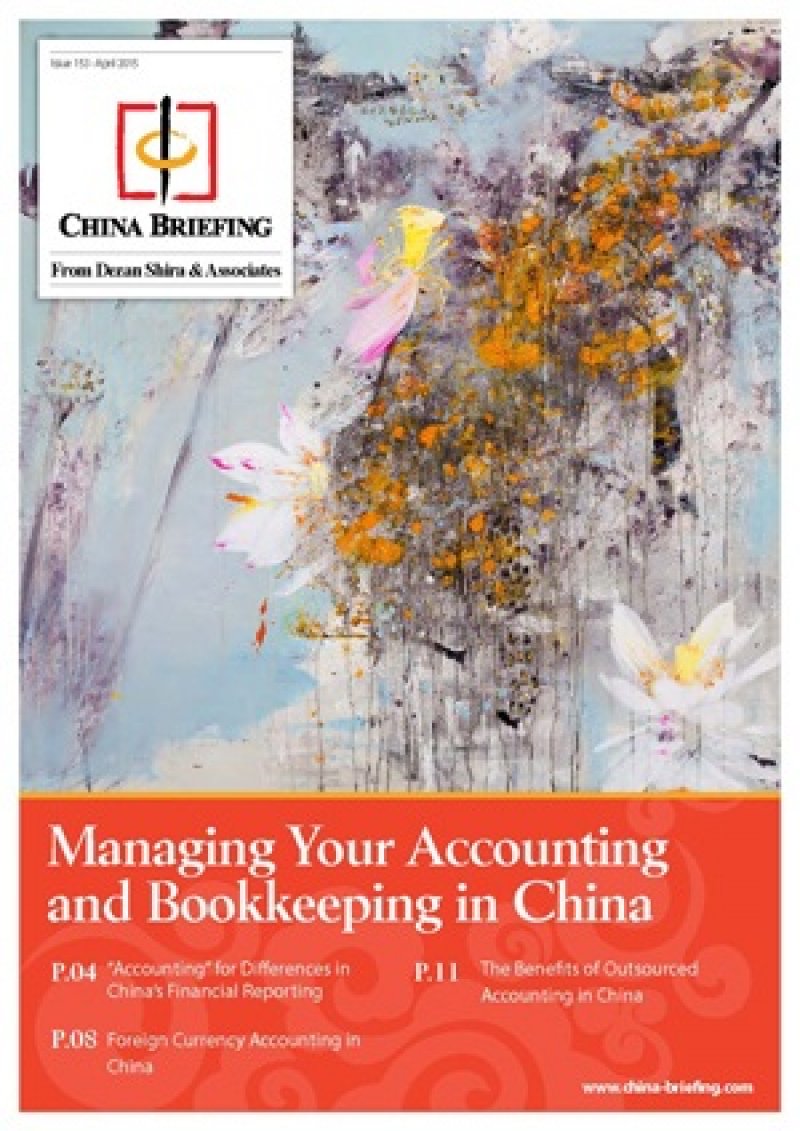China to Maintain Current Local Tax Incentives for Foreigners
The State Council’s announcement in late 2014 to roll back local tax incentives for foreign investors understandably kicked up quite a stir. Foreign companies in part make their investment decisions based on these incentives being available. Equally concerned with the move were local governments, which often make generous use of these incentives to attract more investment into their jurisdictions.
Especially in the light of slowing economic growth, the State Council’s announcement was met with protests from local governments and foreign investors alike. Convinced by these objections, the State Council released a circular on May 10, 2015 amending the original decision. The new circular lets existing preferential policies that included an expiry date continue until that date. For existing incentives that were offered without such an expiry date, local governments will have to now set one.
![]() RELATED: No More Surprises as China Moves to Formalize Tax Legislative Process
RELATED: No More Surprises as China Moves to Formalize Tax Legislative Process
The original circular would have abolished the existing tax incentives virtually overnight. Apart from dealing a significant blow to legal certainty and investor protection, foreign investors would have been surprised with a startling jump in their tax bill. This second circular is to correct the somewhat sloppy implementation of the first one. Seen from the big picture, the Chinese government wants to avoid being seen as unreliable in its promises to foreign investors. Had the government pushed on with its sudden claw back of incentives, foreign investors would have had to think twice the next time China would try to attract new investment.
Nonetheless, going forward local governments will not be able to offer incentives to foreign investors without prior State Council approval. This does not mean that foreigners will no longer receive any beneficial tax treatment for investment projects. It does however significantly impair foreign companies’ ability to negotiate deals with local government.
 RELATED: Tax and Compliance Services from Dezan Shira & Associates
RELATED: Tax and Compliance Services from Dezan Shira & Associates
In the past, local governments often used tax and other incentives to attract foreign investment, which in many cases have promoted regional growth and industry concentration. However, the central government is now concerned that the overuse and misuse of such incentives is damaging to China’s long term development. These incentives are believed to hinder the market’s resource allocation and cause the Chinese government to miss out on tax revenues. The measure also intends to level the playing field for domestic investors, who in the past were not eligible for these incentive packages.
The new circular does not address specific incentives. For more details, foreign investors are therefore advised to contact their local government.
|
Asia Briefing Ltd. is a subsidiary of Dezan Shira & Associates. Dezan Shira is a specialist foreign direct investment practice, providing corporate establishment, business advisory, tax advisory and compliance, accounting, payroll, due diligence and financial review services to multinationals investing in China, Hong Kong, India, Vietnam, Singapore and the rest of ASEAN. For further information, please email china@dezshira.com or visit www.dezshira.com. Stay up to date with the latest business and investment trends in Asia by subscribing to our complimentary update service featuring news, commentary and regulatory insight. |
![]()
 Tax, Accounting, and Audit in China 2015
Tax, Accounting, and Audit in China 2015
This edition of Tax, Accounting, and Audit in China, updated for 2015, offers a comprehensive overview of the major taxes foreign investors are likely to encounter when establishing or operating a business in China, as well as other tax-relevant obligations. This concise, detailed, yet pragmatic guide is ideal for CFOs, compliance officers and heads of accounting who must navigate the complex tax and accounting landscape in China in order to effectively manage and strategically plan their China operations.
 Managing Your Accounting and Bookkeeping in China
Managing Your Accounting and Bookkeeping in China
In this issue of China Briefing, we discuss the difference between the International Financial Reporting Standards, and the accounting standards mandated by China’s Ministry of Finance. We also pay special attention to the role of foreign currency in accounting, both in remitting funds, and conversion. In an interview with Jenny Liao, Dezan Shira & Associates’ Senior Manager of Corporate Accounting Services in Shanghai, we outline some of the pros and cons of outsourcing one’s accounting function.
Using China’s Free Trade & Double Tax Agreements
In this issue of China Briefing, we examine the role of Free Trade Agreements and the various regional blocs that China is either a member of or considering becoming so, as well as how these can be of significance to your China business. We also examine the role of Double Tax Treaties, provide a list of active agreements, and explain how to obtain the tax minimization benefits on offer.
- Previous Article The New Free Trade Zones Explained, Part IV: Fujian
- Next Article China Launches New Preferential Tax Policies for Small Low-Profit Enterprises






























